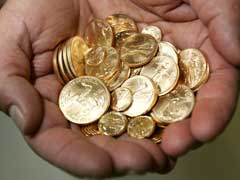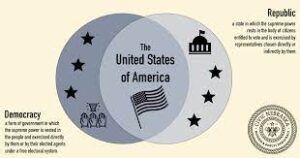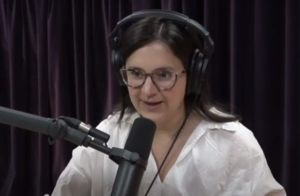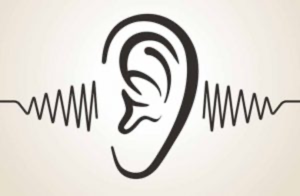My Statin Story Continues…

In the Friday issue, I wrote about the chronic fatigue and bouts of brain fog I’ve been experiencing since I began taking statins. I met with Dr. B to talk about my concerns. He didn’t seem surprised. He wrote me a script for a different brand. “This one might work better,” he said.
“What if it doesn’t?” I asked.
“If it doesn’t, I can prescribe something else. It’s not a statin. You take it every two weeks by injection. It works as well as – or better than – statins, but with zero side effects.”
“So, why not just start me on that?”
“Well, it’s very expensive. Insurance won’t cover it until you’ve tried two statins. And statins do work about 50% of the time.”
“Why haven’t I ever heard of it?”
He shrugged. “Actually, I take it myself.”
“You what? You take it yourself!”
I looked at him like I wanted to say… well, you know what I wanted to say!
So, now I’m doing more research, including following up on all sorts of tips and suggestions I’ve been receiving from readers.
Of all the emails I received, the one from KI was the most immediately helpful. She said that she was “surprised” I hadn’t run into the work that had been done by Maryanne Demasi, a scientist/journalist that has been focused on statin drugs for several years.
Do yourself a favor. Watch any videos you can find that Demasi has done about statins. (Click here for one of them.) You will be impressed by her seriousness, her control of the facts, and her dispassionate way of collecting and presenting them.
One of the many things that Demasi did to advance the scientific inquiry was review the studies that compared the conditions and fatality rates of people that had been prescribed statin drugs (for abnormally high total cholesterol counts) with those that didn’t take them. What she discovered – and it was crystal clear from the evidence – was that statins did not increase lifespan. (Click here to read a recent article by Demasi on her analysis of the data.)
I’m going to keep reading everything I can find about statins. But from everything I’ve learned so far, I don’t believe that taking them will help me live longer. Nor do I believe it will do anything significant for improving my health. The only discernable benefit may be that it will dramatically bring down my overall cholesterol levels.
And since I also think – no, since I know for certain – that the fatigue I’ve been experiencing since I started on statins has reduced my productivity by 30% – from about 18 hours to 12 on weekdays and from about nine hours to six on weekends – I’m going to try out those injections Dr. B mentioned. And if they have the same negative effect on my energy and clarity of mind as the statin, I’m going “bare” starting next month.
I’ll keep you posted!
 MarkFord
MarkFord





